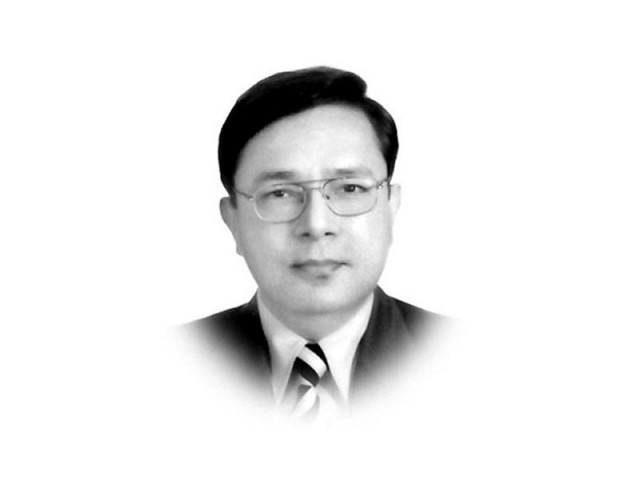Meet the PTI chairman
Imran Khan accepts responsibility for good decisions but holds other members accountable for controversial ones.

The writer is a PhD Scholar at West Virginia University in the US
According to him, the PML-N victory is due to massive rigging on polling day because the returning officers, presiding officers and bureaucracy played a dirty role in supporting the PML-N candidates. He showed his great concern over the huge vote gains of the PML-N’s winning candidates. Presiding officers were given additional ballot papers to fill the boxes and they did their job at the time of counting the votes. However, Mr Khan did not present substantial evidence in support of his argument. I reminded him that he himself had predicted huge voter turnout in his speeches because the PTI had mobilised the voters to come out, particularly the youth and the upper classes. Despite their claim, the voter turnout was even less than the PTI had expected. It was unbelievable that the only party having conducted the “party elections” in the country was not ready for the general elections.
It is interesting to note that Mr Khan has expressed his concerns with regard to over 25 constituencies, of which only four, he demands, should be electronically analysed. If all these seats are given to the PTI supposedly, the PML-N still remains the majority party. Hence, Khan’s claim regarding the “massive rigging” seems baseless and without any substantial proof. Imran Khan also defends his decision to hold party elections. He has no regret over the timing of intra-party elections. However, he admits that his workers lacked the necessary training needed to meet the challenges on the polling day. Had the PTI properly educated its workers, the election results would have been slightly different. Another political issue which he discussed was the establishment of two institutions in K-P: a) the Accountability Commission; b) a Monitoring Committee of the party to look after the activities of the provincial government. As far as the accountability commission is concerned, it might be a good move. However, the party committee to monitor the performance of the provincial government is against the established democratic norms.
Imran’s other approach that the PTI’s good performance in K-P will enhance its credibility in the whole country, is naive. He has no strategy to win over Punjab having the majority of seats (183 of the total 342 seats) in the National Assembly. It is also not admissible to launch a mass movement against the government on the rigging issue. The PTI should be looking forward and they will have some other issues to raise protest against the government, such as power shortage, price hike, corruption, and terrorism. In addition, Imran Khan should also understand that he has a chance to win the next elections, so he should not think that the establishment could bring him in power if the present regime failed.
It was surprising for us to know that Imran Khan accepts the responsibility for good decisions, such as the PTI’s successful processions both in Lahore and Karachi. However, he made other members accountable for the bad or controversial decisions, especially on the distribution of tickets. As the party chairman, he should accept the responsibility for his party’s decisions — good or bad, popular or unpopular. In my opinion, Imran Khan should develop a proper and scientific decision-making process in the party.
Published in The Express Tribune, June 25th, 2013.
Like Opinion & Editorial on Facebook, follow @ETOpEd on Twitter to receive all updates on all our daily pieces.















COMMENTS
Comments are moderated and generally will be posted if they are on-topic and not abusive.
For more information, please see our Comments FAQ